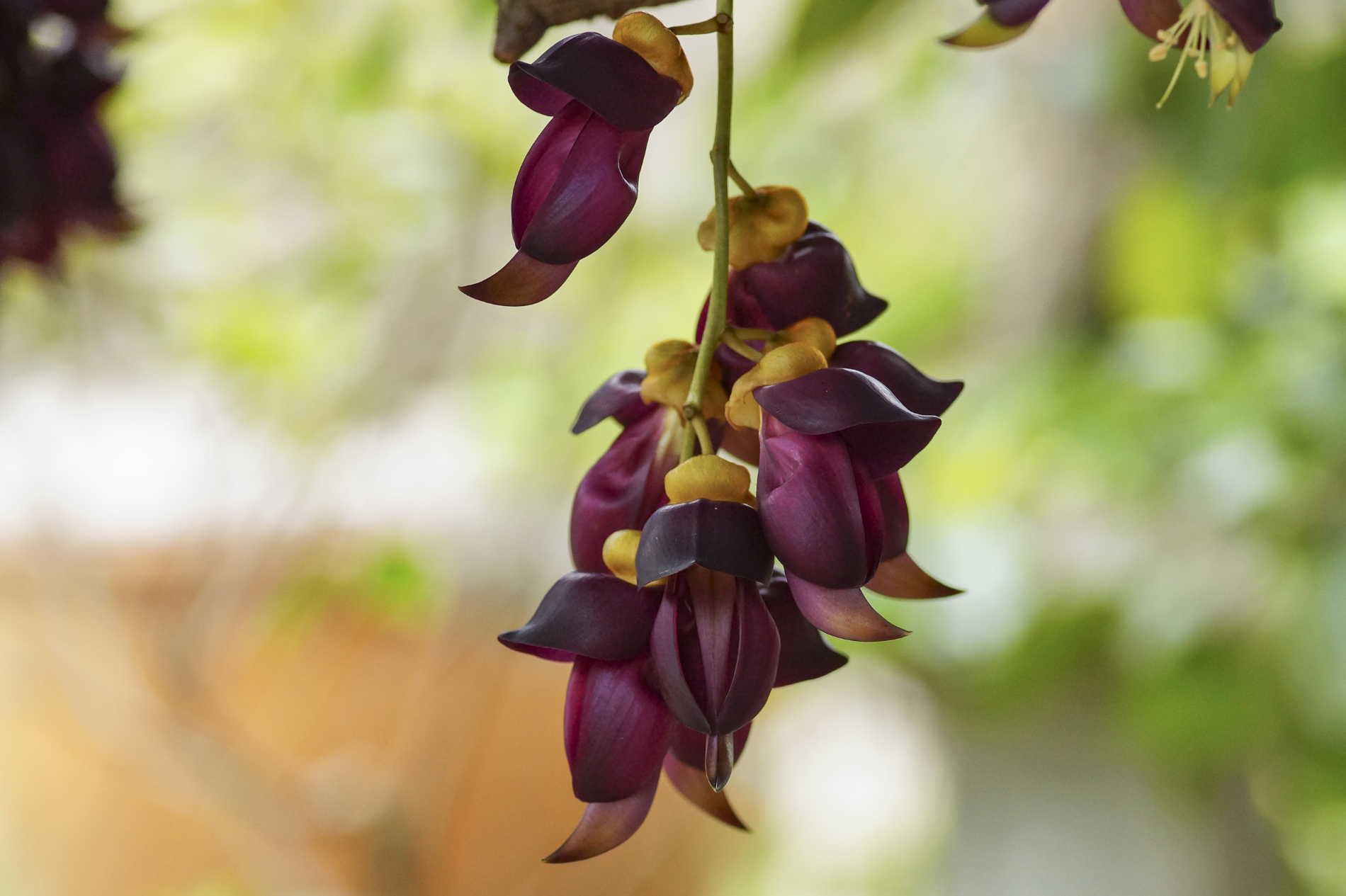The discovery of wormwood
Wormwood, scientifically Artemisia absinthium, is a plant with a long history in traditional medicine and herbalism. Originally native to Europe and Asia, it was used by Egyptians, Greeks and Romans in ancient times. Historical records show that it was used as a remedy for various diseases and as part of ceremonies and rituals. The healing power of the plant was discovered through observations which showed that animals that had eaten wormwood were less likely to fall ill.
Dosage forms and dosage
Wormwood can be taken in various forms, each with its own benefits and areas of application. It is most commonly drunk as a tea. To do this, a teaspoon of dried wormwood herb is poured over with hot water and left to infuse for about 10 minutes. It is recommended not to drink more than one cup a day, as the plant is very strong.
- Tinctures and extracts are more concentrated forms and are often taken in drop form. The usual dosage is 10-20 drops in water or juice, up to three times a day.
- Capsules and tablets are a convenient way to take it, especially for those who don’t like the bitter taste of tea. The dosage varies depending on the manufacturer, but should also not be exceeded.
Wormwood: healing properties and use
It is traditionally used for a variety of illnesses. Some of the best-known areas of application are:
- Digestive problems: it stimulates the production of stomach acid and bile, which improves digestion and alleviates complaints such as flatulence, bloating and loss of appetite.
- Parasite infestation: It has antiparasitic properties and is often used to treat intestinal parasites such as worms.
- Fever and infections: Due to its antibacterial and anti-inflammatory properties, it can be used to reduce fever and fight infections.
- Pain and inflammation: Wormwood’s anti-inflammatory properties can relieve pain caused by arthritis and other inflammatory conditions.
Mode of action in the body
Wormwood contains a variety of bioactive compounds, including thujone, which has a strong effect on the central nervous system. In small doses, thujone can have a calming and antispasmodic effect, while higher doses can be toxic. Other important ingredients are essential oils, flavonoids and bitter substances that stimulate the production of digestive juices and support liver function.
Recommendations for use and precautions
Wormwood should be taken in short courses, as long-term use can put a strain on the liver. As a rule, a two-week intake followed by a break is recommended.
Who should avoid wormwood?
Certain groups of people should not take it. These include pregnant and breastfeeding women, as thujone can trigger contractions. People with epilepsy or other neurological disorders should also avoid it, as thujone can trigger seizures. Caution is also advised with known liver diseases.
Additional medicinal plants and dietary supplements
Wormwood can be combined with other medicinal plants and dietary supplements to enhance its effects. Examples are:
- Ginger: aids digestion and has an anti-inflammatory effect.
- Garlic: Has antiparasitic properties and strengthens the immune system.
- Probiotics: Help to restore the balance of intestinal flora, especially after antiparasitic treatment.
Foods with a high wormwood content
There are no conventional foods that naturally contain it. Wormwood tends to be consumed as an herbal supplement or in the form of teas and tinctures.
Wormwood: Possible side effects
It can cause side effects, especially when taken in high doses. The most common side effects are:
- Nausea and vomiting
- Dizziness
- Headaches
In rare cases, allergies may occur. In case of overdose, thujone can lead to convulsions and kidney failure. It is important not to exceed the recommended dosage and to consult a doctor immediately in the event of side effects.
Overdose and its consequences
An overdose can have serious consequences. The main active ingredient, thujone, is toxic in high doses and can lead to convulsions, hallucinations and even death. If an overdose is suspected, medical help should be sought immediately.
Wormwood in naturopathy
Wormwood is often used in phytotherapy and in homeopathic medicine. In phytotherapy, it is used to make teas, tinctures and extracts. In homeopathy, it is used in potentized form as absinthium for various health problems.
Conclusion
Wormwood is a powerful natural remedy with a wide range of applications. Its digestive, antiparasitic and anti-inflammatory properties make it a valuable component of naturopathy. However, caution is advised, particularly with regard to dosage and certain groups of people. Combining it with other medicinal plants and dietary supplements can further enhance the positive effects of wormwood. However, the possible side effects and the risk of overdosing should always be kept in mind and a doctor should be consulted in case of doubt.




